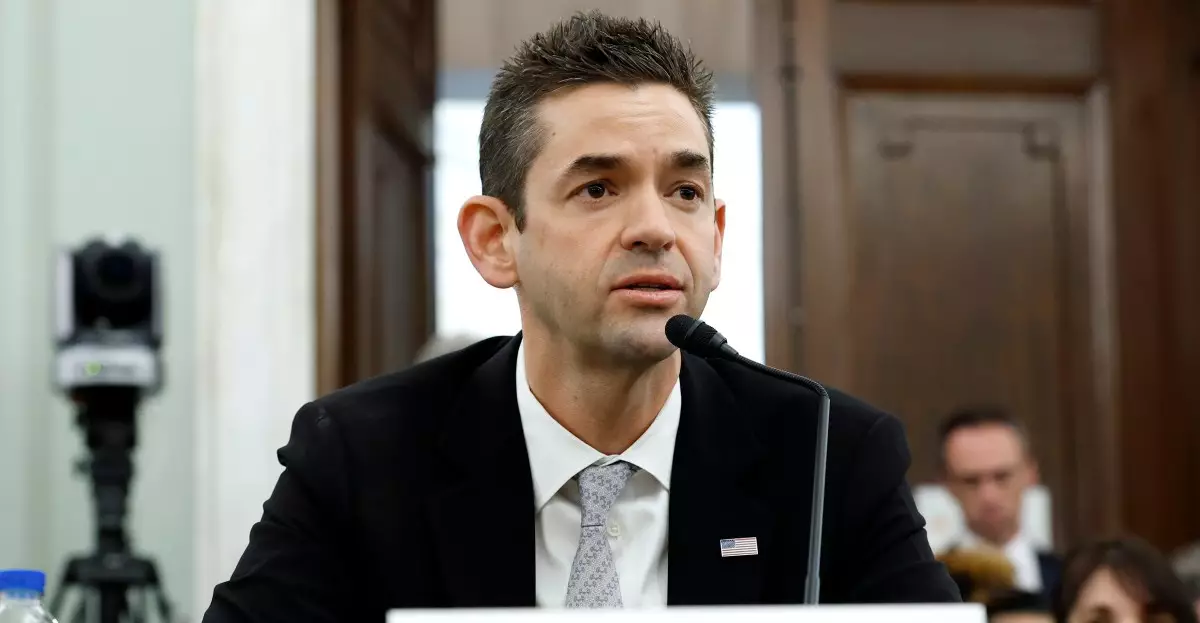The recent withdrawal of Jared Isaacman’s nomination for NASA Administrator reveals how deeply political affiliations can influence leadership choices within major institutions like NASA. This decision, widely reported to stem from Isaacman’s past donations to Democratic candidates, underscores a troubling narrative in which scientific leadership is increasingly tethered to partisan politics. Isaacman, known for his pioneering endeavors in commercial space travel with SpaceX, found himself caught in the crossfire of political allegiance rather than professional qualifications.
The Influence of Political Donations
Isaacman’s financial contributions to Democrats, including notable figures such as Arizona Senator Mark Kelly, were strong enough to raise a red flag for the Trump administration. This politically charged atmosphere is alarming, especially when considering that NASA should ideally operate independently of political whims. The notion that scientific appointments could be dictated by one’s political donations suggests that the agency may prioritize partisan loyalty over expertise or innovation. This is particularly concerning in a time when space exploration serves as a beacon of human advancement and global collaboration.
Space Policy Under Threat
Accompanying this leadership shake-up are drastic proposed budget cuts, which hint at a damaging future for NASA. The Trump administration’s suggestion to reduce the agency’s funding by nearly 25% from $24.8 billion to $18.8 billion poses existential risks to scientific research and exploration programs. As highlighted by The Planetary Society, such cuts could jeopardize some of the most successful endeavors of NASA, effectively derailing future advancements and crippling ongoing scientific initiatives. It feels akin to an existential threat; a scenario in which critical investments turn to ashes due to misguided priorities.
Implications for Scientific Leadership
The disarray surrounding Isaacman’s nomination and the broader implications of budget constraints speak volumes about the kind of leadership needed at NASA. There’s an urgent need for a new type of administrator—one who sees beyond the political theater to recognize the societal value of space exploration. With space being an essential frontier for humanity’s future, requiring broad-based support and funding, the political dynamics currently in play might lead to an erosion of public trust in NASA’s goals and capabilities.
Looking Ahead: A Call for Visionary Leadership
In light of these developments, it is crucial that President Trump, or any future leader, emphasizes a commitment to selecting candidates based primarily on experience and vision rather than political ties. The energy and capabilities embodied by individuals like Isaacman should not be diminished by past political contributions. If NASA cannot rise above petty political squabbles, it risks losing its status as a global leader in innovation and exploration.
The future of NASA is at a crossroads, shaped by the currents of political agendas. As the agency seeks to chart new territories in space, it needs leaders who understand that exploration transcends political boundaries, aiming instead for collective progress for all humanity.


Leave a Reply